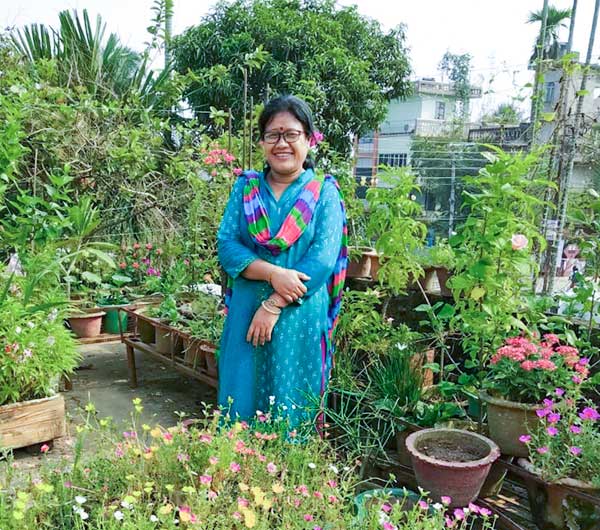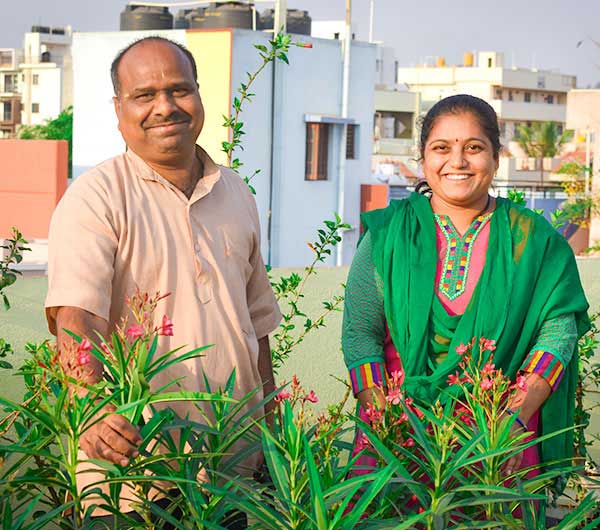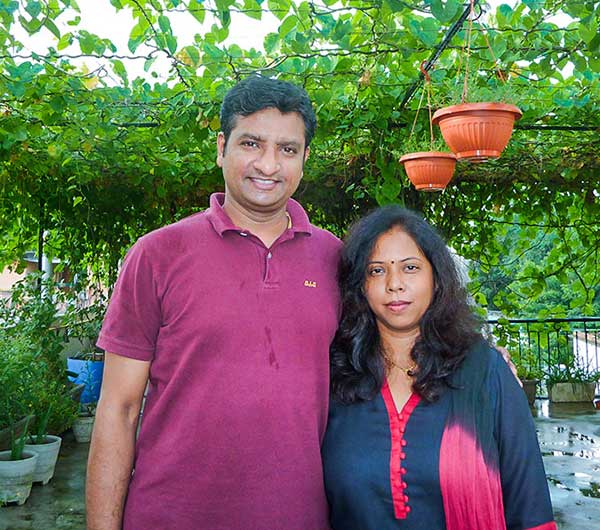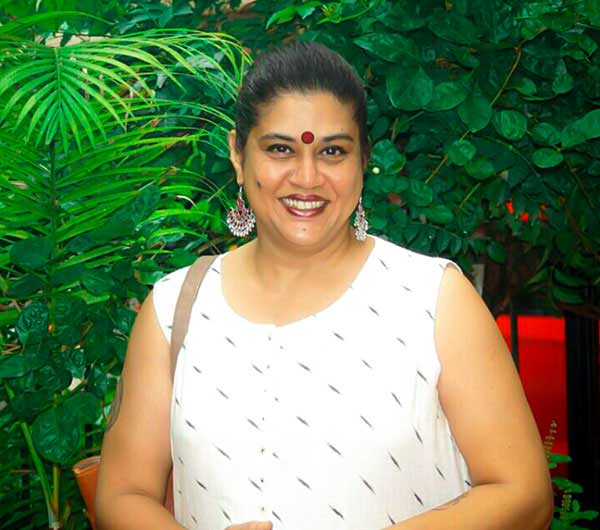Amla Ruia: Story of Indias Water Mother
By: Ishwari Latey | Date: 10th September 2019
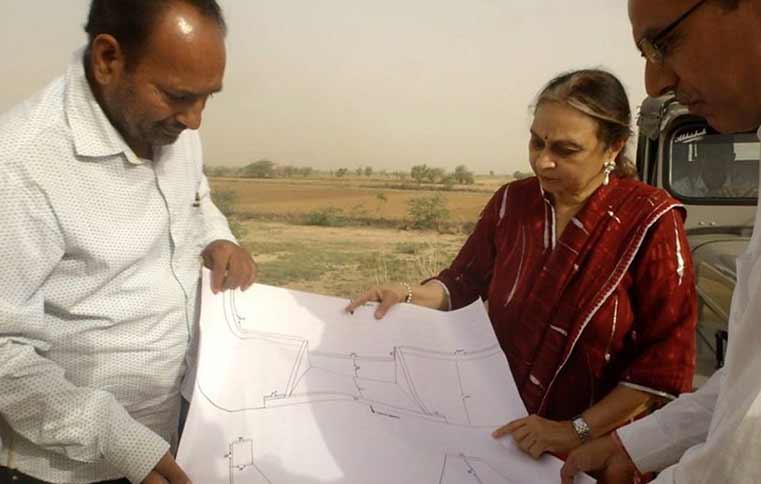
The economy of Indian villages is agro-based. Large percentage of Indian villages depends on the mercy of rain. The plight of Indian farmers in the absence of rain, especially in dry states like Rajasthan is beyond imaginable.
In many severe draughts impacted villages in Rajasthan, people were forced to migrate to the cities leaving their homes and families to earn bread and butter, impacting the growth. No father was ready to marry his daughter into the village.
Whole villages were dry, arid and growing just one crop a year. Fortunately for them and all of us, Amla Ruia from Mumbai, took notice of her native land’s plight.
Though born with a silver spoon in her mouth, Amla Ruia’s passion for social work pushed her to help the farmers.
Shell shocked when witnessed the draughts of 1999 and 2003 and what impacts they had on the farmers, she decided to take the matter in her own hands and started “Aakar Charitable Trust” for building the check dams over the lakes, rivers and streams present in the villages.
The journey doesn’t complete without its fair share of problem and responsibilities. She initially faced problems with the funds and suitable places to build the dams.
She started her work from Rajasthan, and faced problems with the hilly runoffs. From identifying the places to build the check dams from managing funds, Ruia managed to do it all.
“Initially I started with my own money and funds from our relatives. After sometime, Rotary club came to our support and then big organisations helped us,” she says.
In the first year she could build 2-3 check dams and in the next year it increased to 6-8. Now, Ruia takes up at least 90 check dams a year.
Among the dams built by Aakar trust, the one at ‘Gunda Berra’ in Pali district of Marwar region in Rajasthan is the biggest. Interestingly, an earthen check dam was earlier constructed there at a cost of Rs 74 lakh by the government. But it was washed in the first rains.
The interesting fact about the check dam project is, Aakar Trust always encourages the villagers to contribute to the share cost of building the dams. It creates a sense of ownership and responsibility in the villagers, says Ruia.
“The villagers then approached us and we built a proper one - a 130 ft long head wall that is 10 ft high with a 10 ft tall and 10 ft wide foundation – at a cost of Rs 36 lakh. We contributed Rs 25 lakh and the villagers put in Rs 11 lakh,” says Ruia.
In the very first year, the dam gave a return of Rs 54 crore to the villagers and impacted seven villages i.e. approximately 7000 people. While constructing the dam, too, the villagers are fully involved in the work, providing labour and so on.
These check dams are considered to be boon for the villages. After the constructions, villagers can now grow crops three times a year and each house own personal vehicles such as motorbikes and tractors.
The check dams has brought prosperity in the villages. Ruia hopes to build atleast 3000 dams in the country in her lifetime. Her social response and efforts has earned her a title of “water mother of India.”




